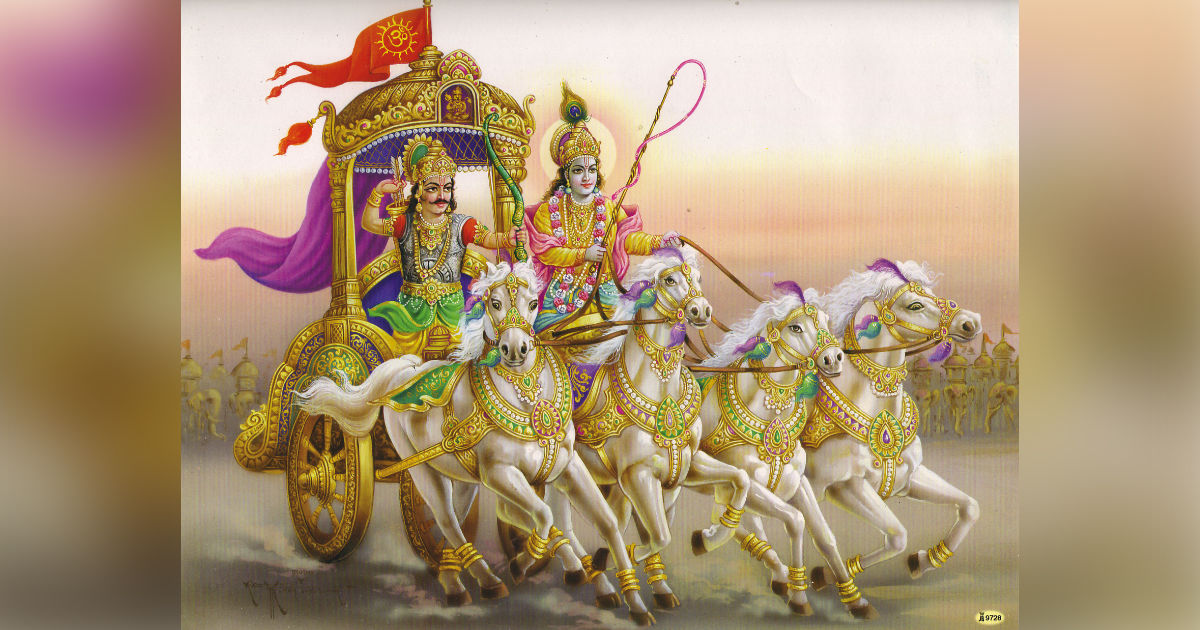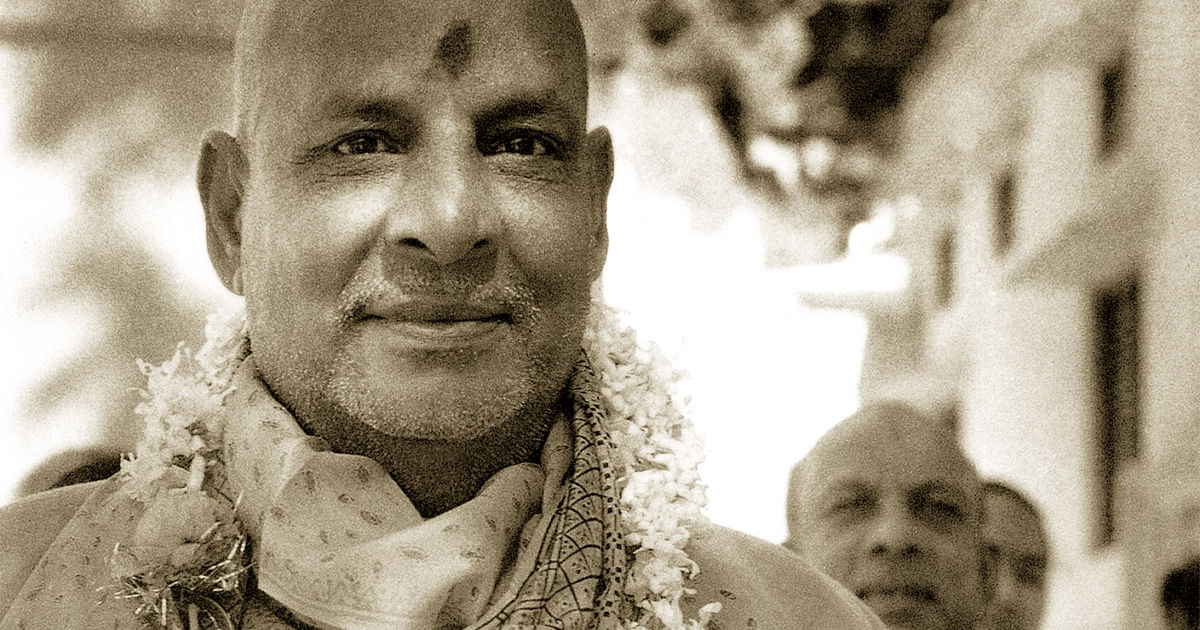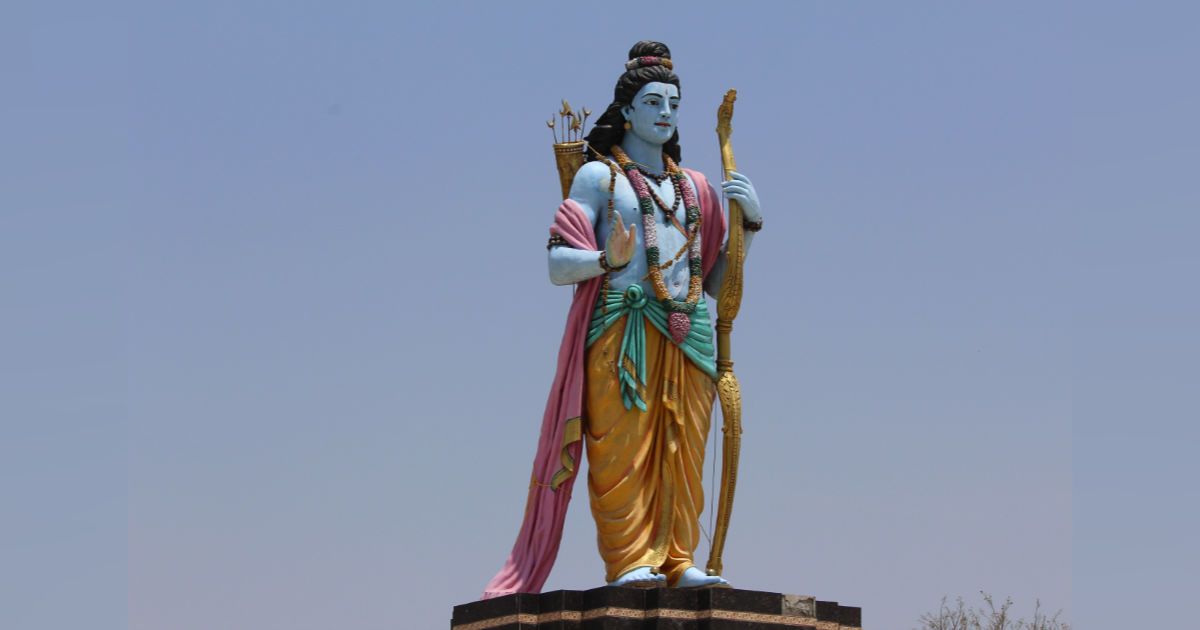
Swami Satyananda Saraswati said in December 25,1983 during his stay in Australia:
“The divine baby is the Christ, who came onto this mortal plane of consciousness in order to save and to redeem us, and to destroy the tamasic and demonic forces in and around us.
When Christ came, he destroyed avidya (ignorance). He denounced the so-called institutionalized forces which were surviving and thriving in the name of religion. Is the situation any different today? Will he accept what is going in, in the name of religion?
I know one thing that is higher consciousness which is called Christ Consciousness, Buddha Consciousness, or Krishna Consciousness, is awakened in you at any time in your life, it is not going to bring disaster. It will be the beginning of knowledge, experience, bliss, and the feeling of unity with every living person. That is why Yoga is taught. Knowledge is not enough; you need the experience which is like a flash of lightning.
Understand, who is Christ? Which Christ do you know? Is he the Christ born of a worldly father? Is he the Christ, who is the indwelling entity in every heart? Is he the Christ who creates a vision of the whole universe within and without? Is he the Christ, who transcends everything? He is all four and he came down in a physical body. He was not a myth. He was a man in flesh and blood. He lives in our hearts.
Wherever you can awaken yourself, he is there in your heart.”
Continue reading →














